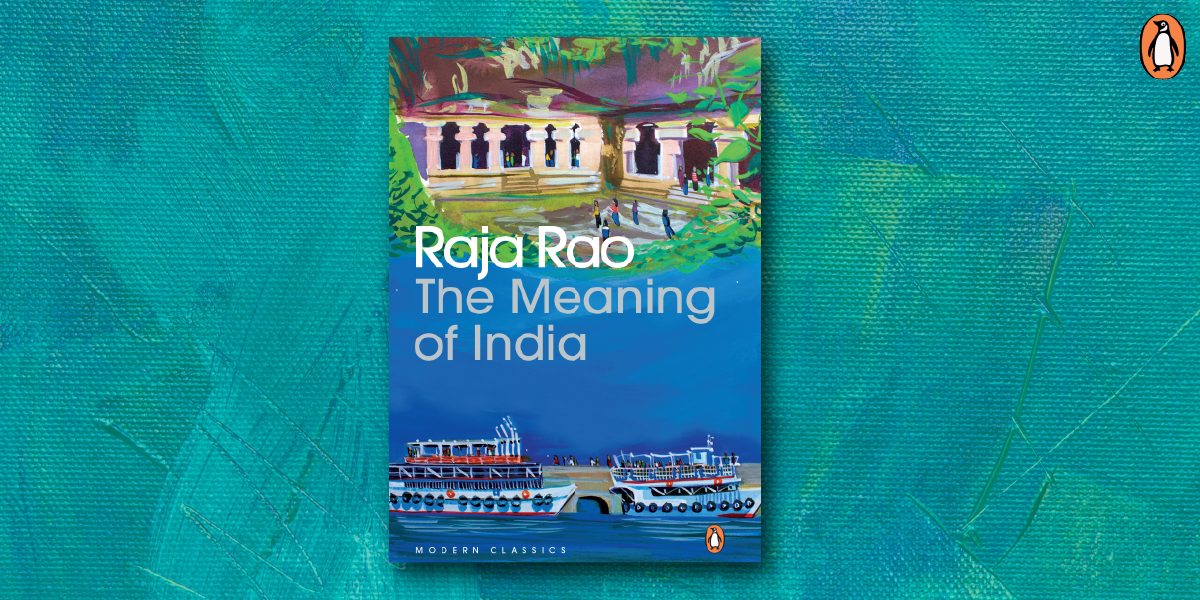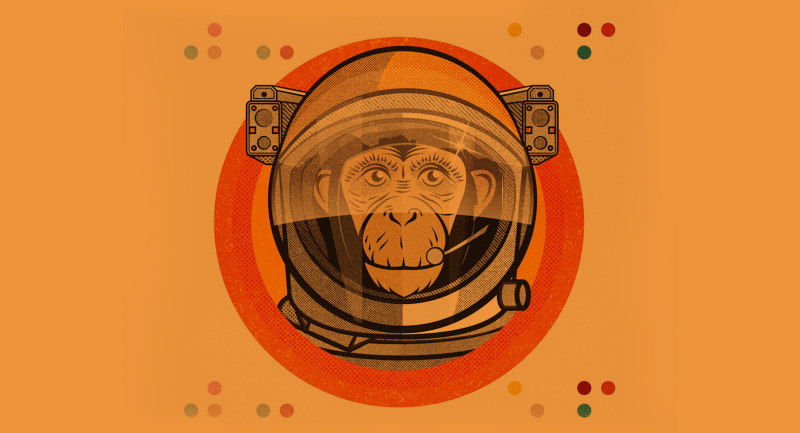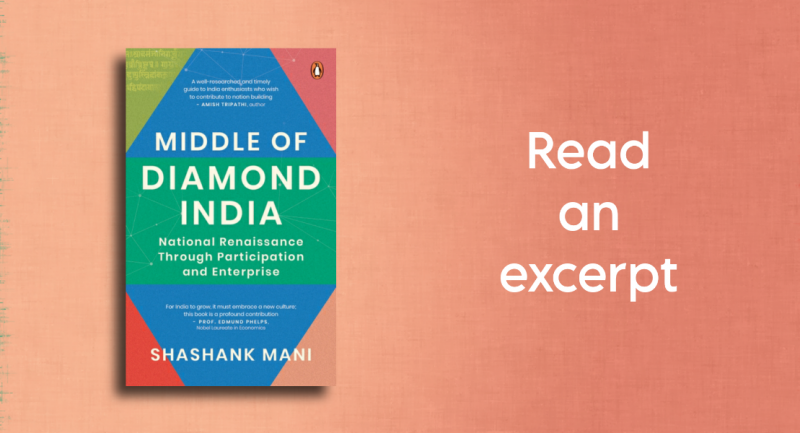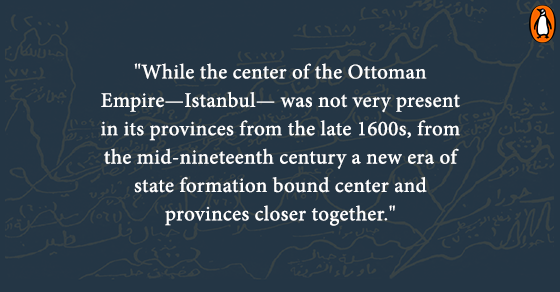
First published in 1996 when he was eighty-eight years old, The Meaning of India is a selection of nearly six decades of Raja Rao’s non-fiction. It is an audacious contemplation on the deeper significance of India. A combination of fables, journeys, discussions and meditations, it advances the view that India is not just a geographical entity, or even a civilization-state. India is, above all, a metaphysic, a way of being and regarding the self and the world.
How does the book use fables, journeys, discussions and meditations? Read these excerpts from the book to find out:
India—A Fable
‘Your country—you get there by sailboat?’ he asked.
I said, ‘No. One goes there on steamers. One goes night and day, and for fifteen days. Then one comes to India.’
‘India,’ he repeated. He left the camel on the gravel. He sat by the pool, thinking.
‘And you? Have you a princess?’
‘Yes,’ I said. ‘I even have two. They are not princesses. They are goddesses. One on my right hand and one on my left hand.’
‘One on your right hand, and one on your left hand. They are goddesses.’
‘Yes.’
‘What is a goddess, a goddess, Monsieur le Prince?’
Journeys (From ‘When Malraux Meets Jawaharlal Nehru’)
Twenty-two years later, in the autumn of 1958, there was a telephone call from André Malraux. I had just come back from Trivandrum (I spent about six months in Trivandrum and six months in Paris every year). Malraux said, ‘I have today, in fact only a few moments ago, been asked by General De Gaulle to head the first diplomatic mission abroad, of his new government. And where do you think it is going to—to India. Since it is you, mon ami, who first made me meet Pandit Jawaharlal Nehru, I want you to accompany me on this historic visit.
Discussions (From ‘My First Meeting with Pandit Jawaharlal’)
‘Romain Rolland spoke to me about you,’ he said after a long silence as we were walking back to the pension. I still remember the sun was completely unaware of himself and the trees stood inordinately still. They seemed aching for a breath, a touch, an efflorescence of the noncontingential. Everything seeks its own death and discovery, for suchness alone is meaning.
‘Oh, did he?’ I mumbled from nowhere.
‘Yes, and he said you knew your France well.’
‘I suppose it’s because I recognize my India so deeply, Panditji. With Indian eyes all is meaning.’
‘Do you always speak like this?’
‘I always speak to the tree,’ I answered. I did not mention the Bodhisattva.
Meditations (From ‘Look, the Universe Is Burning!’)
Is man the universe’s centre or Truth the centre of man?—that’s the only real question. Or, may it be the truth of the universe and the truth of man coincide, cancelling each other out, as it were, taking us vertically to the supreme non-dual affirmation. The non-dual is also the non-causal. The great Vedantic philosopher Gaudapada (fourth century ad?) says, cause and effect are like proving the father is the son of the son, or the son is the father of the father, thus there is neither father nor son.
These are some excerpts from Raja Rao’s The Meaning of India. To read them all, check out the book here: The Meaning of India.









